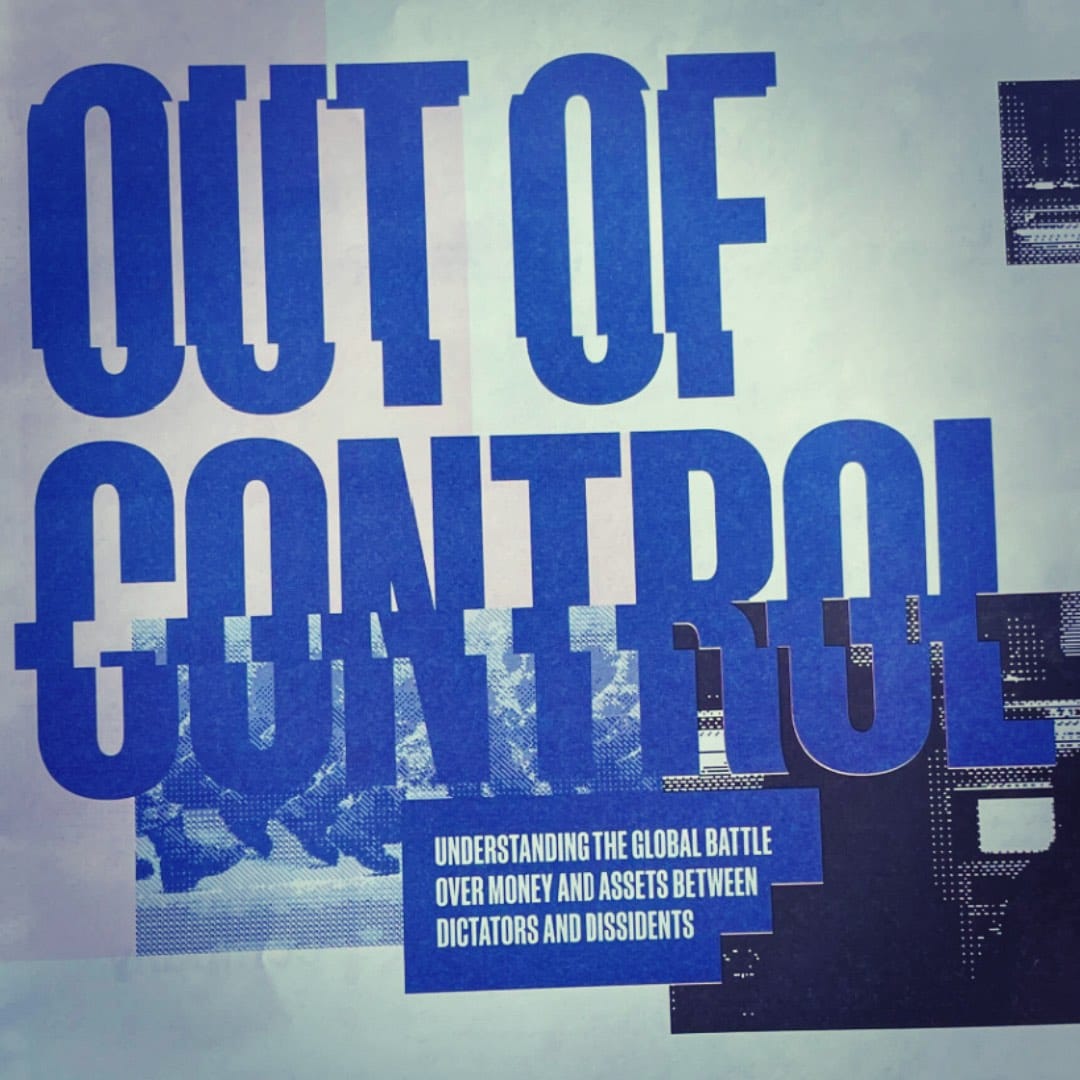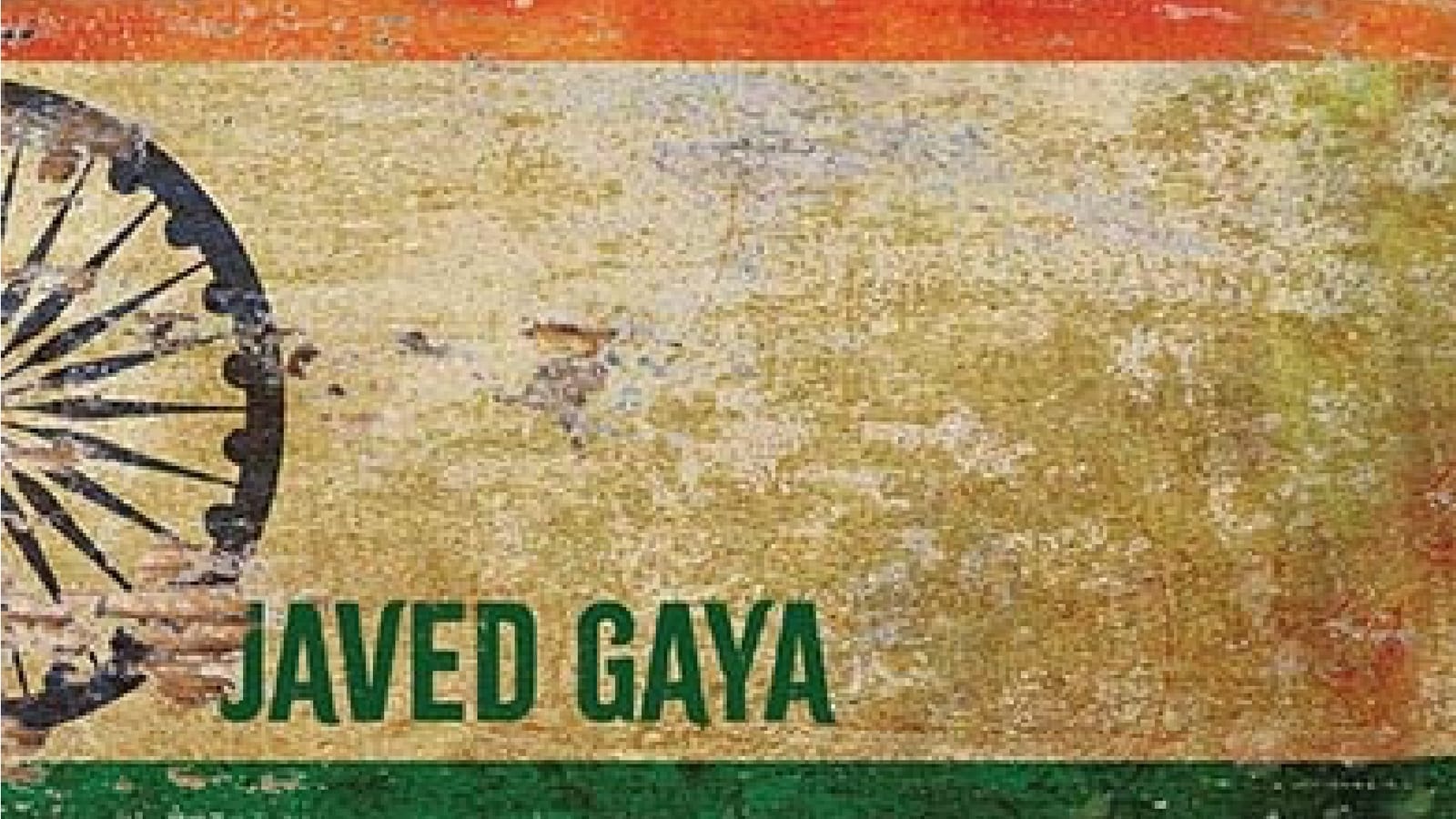An ambiguous referendum

Recently: Why are so many foreign powers involving themselves in Africa’s deadliest civil war? Alex de Waal on the plunder of Sudan.
Today: A democratic socialist is now the mayor of America’s largest city, as exit polls in Virginia and New Jersey confirm widespread economic anxiety. The U.S. Supreme Court weighs the president’s trade authority. + How did Hindu nationalism take over the world’s biggest democracy?
+ For members: How did Hindu nationalism take over the world’s biggest democracy? Javed Gaya’s new book, Majoritarianism in India: Roots and Consequences.
& New music from Carrier ...
Generational turnover
Zohran Mamdani won New York City’s mayoral race on Tuesday night, becoming the city’s first Muslim mayor and youngest in over a century at 34. The democratic socialist defeated the independent candidate Andrew Cuomo and the Republican Curtis Sliwa with more than a million votes—more than any mayor since the 1960s—driven by record turnout exceeding 1.4 million, the highest since 2001. Mamdani campaigned relentlessly on housing affordability and transit, resonating with younger voters eager for fresh leadership. U.S. President Donald Trump had threatened to withhold federal funding if Mamdani won.
Democrats took the night’s other major contests. Abigail Spanberger, a former CIA officer, won Virginia’s governorship—becoming the commonwealth’s first female governor in its four-century history. Mikie Sherrill, a Naval Academy graduate and former federal prosecutor, took New Jersey. California voters approved Proposition 50, redrawing congressional maps to favor Democrats and potentially flipping five House seats before the 2026 midterms—a direct counter to Texas Republicans’ similar maneuver at Trump’s urging.
Trump’s first major electoral test since returning to office was a clean sweep against him. Exit polls showed voters fixated on economic worries and dissatisfied with the country’s direction. Beyond that shared anxiety, no coherent pattern obviously connects a progressive winning New York, moderates flipping Virginia and New Jersey, and California passing redistricting.

Meanwhile
- Day 36. The U.S. government shutdown on Wednesday became the longest in American history, passing the 35-day record set in 2019. Forty-two million Americans will get only half their November food-stamp benefits, with many payments delayed, after the country’s Agriculture Department said it wouldn’t tap its full contingency fund. Schools in Louisville closed on Wednesday. Air traffic controllers, working without pay, caused weekend delays that raised concerns about travel chaos. At the center of the impasse: expiring health-insurance subsidies. Democrats want them extended before year’s end to prevent tens of millions from seeing premiums spike; Republicans refuse to negotiate until government reopens.
- Temporary suspension. China announced on Wednesday that it will extend suspension of an additional 24 percent tariff on U.S. goods for one year while maintaining a 10 percent levy, formalizing an agreement reached in talks between Trump and the Chinese Communist Party’s Chairman Xi Jinping and in South Korea last week. Beijing also lifted tariffs of up to 15 percent on American farm products, including soybeans, chicken, wheat, and corn—measures that had hurt Trump’s farm-state political base. Trump on Tuesday formalized Washington’s cut of additional tariffs on Chinese imports from 20 percent to 10 percent. Both measures are to take effect on November 10.
- Constitutional limits. The U.S. Supreme Court heard arguments on Wednesday as to whether Trump exceeded his authority by imposing sweeping tariffs through an emergency-powers law. Small businesses and 25 states challenged roughly half of Trump’s tariffs as unconstitutional overreach. White House aides have been strategizing backup authorities to maintain pressure on trading partners if the Court rules against them, though officials concede other tariff statutes aren’t a “one-for-one replacement” for the International Emergency Economic Powers Act. Tens of billions in tariff revenue hang in the balance.
- Strike sixteen. U.S. Defense Secretary Pete Hegseth announced another deadly strike on Tuesday against a boat accused of carrying drugs in the eastern Pacific, killing two people. The attack brings the death toll from Trump’s campaign in South American waters to at least 66 people across 16 strikes since early September. Trump has justified the strikes by claiming the U.S. is in “armed conflict” with drug cartels, though the administration hasn’t provided evidence that those killed were traffickers. Lawmakers from both parties have pressed for legal justification. The USS Gerald R. Ford aircraft carrier left the Mediterranean on Tuesday, bound for the Caribbean. … See “The carrier and the question.”
- El-Obeid next. A drone strike killed at least 40 civilians at a funeral gathering near el-Obeid on Monday, according to Sudan’s humanitarian aid commissioner and UN officials. Local authorities blamed the Rapid Support Forces paramilitary group for the attack on al-Luweib village. The strike came as the RSF prepares an offensive on el-Obeid after capturing nearby Bara and, last week, el-Fasher—where mass killings, sexual violence, and looting followed an 18-month siege. UN Secretary-General António Guterres said Tuesday the war is “spiraling out of control” and urged both sides to stop fighting. Since April 2023, more than 150,000 people have died and 12 million have fled their homes. … See “‘It’s a scramble’.”

The Signal’s new print extra is here. A limited-run newsprint magazine, Out of Control explores the global battle over money and assets between dictators and dissidents.
Currently available in the U.S.A. If you’re interested in ordering internationally, have any questions, be in touch: concierge@thesgnl.com.
From the latest despatch
’The colonial stranglehold’
How did Hindu nationalism take over the world’s biggest democracy? Javed Gaya, Majoritarianism in India: Roots and Consequences.

Since September, authorities in Indian states controlled by Prime Minister Narendra Modi’s Bharatiya Janata Party have filed cases against more than 2,500 Muslims for saying, “I love Muhammad,” most of them in Uttar Pradesh, India’s most populous state. Also this September, the BJP circulated an AI-generated video of Muslims overrunning Assam, which is headed for an election next spring. A caption read, “Assam without BJP.”
This kind of rhetoric is nothing new in India. In 2019, for instance, the BJP spearheaded the Citizenship (Amendment) Act, which gives migrants from Pakistan, Bangladesh, and Afghanistan a path to Indian citizenship, provided they belong to any religion or belief that’s not Islam. Since independence, India has had a secular constitution, but now for the first time, its citizenship laws have a religious stipulation.
How’d India get here?
Your loyal guide to a changing world.
Membership with The Signal means exclusive access to premium benefits:
- Regular profiles on the questions behind the headlines
- In-depth feature interviews with our network of specialist contributors from across America and around the world
- The despatch, our weekly current-affairs and cultural-intelligence briefing
- Early access to new products, including print extras
It also means vital support for an independent new enterprise in current-affairs journalism.
New music
‘Wave After Wave’
Guy Brewer is a Brussels-based producer who records as Carrier. Tired of drum-and-bass and techno, he decided his next record would explore something beyond those styles. While “Wave After Wave” has all the thrust of drum-and-bass, the track sounds as if Carrier has rewritten all the genre’s laws of physics, with the thwack of drums sharpened and the space between them elongated.





